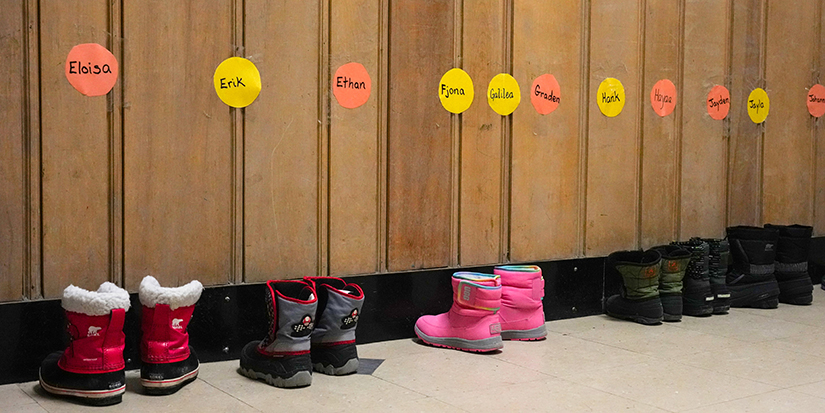Latest News
Centre for Disability adapting to virtual programming

By Hannah Scott, Local Journalism Initiative reporter
Published 11:21 PDT, Tue September 22, 2020
Last Updated: 2:13 PDT, Wed May 12, 2021
—
During the COVID-19 pandemic, the Richmond Centre for Disability is running a variety of fall programs via Zoom.
“We’re a very active centre, and we didn’t even realize just how many things we did and how many people came in until we could no longer allow them in,” says community outreach co-ordinator David Thomson.
Fortunately, the centre’s staff had already been moving towards remote work because many of their users rely on HandyDART services—which do not operate during the winter. When the pandemic necessitated a move to working from home, their computer network was already set up. The centre then began offering activities on Zoom in April, but Thomson acknowledges the challenges of the new format.
“Because we’re trying to be as all-inclusive as possible, and because we’re multi-discipline and multi disability, Zoom has its limitations,” he says. “For example, it’s tough on people who are blind. Some of the people who have vision challenges were really looking forward to the summer when we did a couple of outdoor programs.”
Some of the in-person classes focused on how to use technologies like Zoom, so people would be more reachable in case of a second lockdown in the fall. Items like iPads were loaned out to members in need, and staff also did “wellness calls” to all their members over age 60, at the city’s request.
“People really appreciated those,” Thomson adds.
But with summer now past, the staff wanted to offer a weekly program schedule as usual, which is important for the centre’s clients.
Mondays are for meditation and relaxation, a program Thomson has been running for about a decade. Tuesday’s program is social games to engage the brain. On Wednesdays the centre runs a program called “The Wellness Connection,” which helps with things like mood, stress management, resilience, independence and self-awareness. Fridays offer two programs: a simple chair exercise class and a second option where participants watch a Ted Talk and discuss as a group.
In June the centre hosted a big virtual conference, and aims to repeat this experience in November. In developing their new programming, staff have been collaborating more than ever.
“I’ve never talked to my co-workers so much,” says Thomson with a laugh.
Finances have become another challenge for the centre since the pandemic. Normally the centre would receive some provincial gaming funds, but Thomson says the amount will likely be reduced this year. Members are asked to participate by donation, but some clients are living on disability funding and not able to pay. The centre also hopes to take its gala online this year and potentially raise some funds through the event.
“We’re working on packaging things together to send out to people—that would be a way to raise some funds,” says Thomson. “We’re thinking outside the box, that’s for sure, because there’s no other place to go.”
He notes the centre’s independent living philosophy, where members are taught how to do things for themselves. While Zoom programming has its flaws, overall it’s been beneficial to remain connected to the community and maintain regular programming, says Thomson.
“We want to give people that resilience to be able to handle when things change,” says Thomson. “Just handling the stress, this is a whole new ballgame for a lot of people.”































